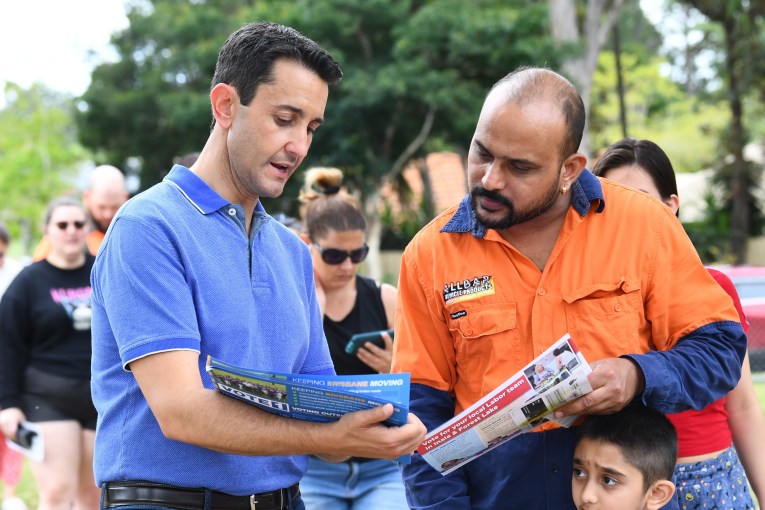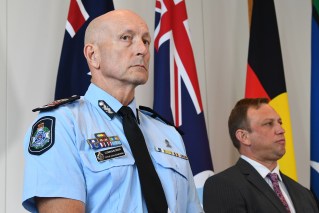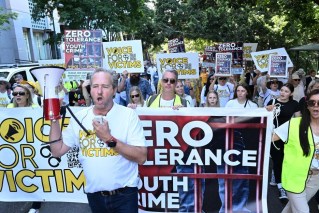Premier’s next integrity headache: Body that has mayors afraid to do their jobs
Queensland’s mayors and local government councillors are too afraid to meet property developers due to the risk of being accused of misconduct and hauled before a powerful disciplinary body, the Property Council claims.


OIA chief Kathleen Florian. Her office says the system of councillor complaints is working.
The lobby group has written a scathing assessment of the Palaszczuk Government’s controversial Office of the Independent Assessor, saying it is being misused for political purposes and its actions are hurting the $41 billion development industry.
The Property Council’s criticism is one of nearly 60 mostly negative submissions to a parliamentary committee inquiring into the performance of the OIA, the body meant to oversee the integrity of the state’s 77 local councils.
Deputy Premier Steven Miles asked for the review in October after a series of revelations about the conduct of OIA investigators and dozens of complaints from councils and other groups about how it is affecting their work.
These included threatening journalists with fines if they did not hand over notes and recordings of their conversations with a councillor they were investigating and pursuing an outback mayor for alleged misconduct after he dared to criticise the government’s vaccine rollout plans.
“Unfortunately, the industry’s experience has been that the OIA actively dissuades councillors from engaging with the property industry and feel that the powers and resources of the Independent Assessor are no longer being applied in the public interest,” the Property Council Queensland executive director Jen Williams says in her submission.
“The experience of industry and local government representatives is that the OIA is being bogged down in dealing with frivolous and vexatious complaints.
“It is clear that the system is being misused as a political tool by local councillors and members of the public, lodging complaints to cause political harm.”
The submission says the OIA has helped breed confusion in local government about the type of conduct that will spark an investigation, creating an “over-cautious and risk averse” approach to dealing with the development sector.
Ms Williams said some mayors and councillors had refused to even meet individual developers and of some of those who did felt the need to record their conversations.
She called for more clarity on what the government wanted the OIA to do so all involved had a better understanding of their probity obligations.
“For an independent body that is intended to refer complaints rather than adjudicate on them, the potential for the OIA to overreach and cause reputational damage must be managed,” she wrote.
More than 3000 complaints about councillor conduct have been lodged with the OIA since it began in late 2018 – with a budget built to handle about 160 complaints a year.
Outgoing Integrity Commissioner Nikola Stepanov, who will appear before the committee at a public hearing on Wednesday, said in her submission to the inquiry that there should be clearer and more practical training for councillors regarding integrity issues.
Any further integrity reforms “must not be so ambiguous or complex as to make it harder for mayors and councillors to fulfill their obligations,” she wrote.
“This is not in the public interest.”
Among the other 57 submissions to the State Development and Regional Industries Committee are several by mayors and councillors detailing their run-ins with the OIA and demanding its processes needed change.
In its submission, the OIA insisted that the councillor complaints system was working.
However, acknowledged the need for changes and has suggested 13 amendments to legislation, many of them aimed at reducing its workload and lifting efficiency in dealing with complaints.
The inquiry into the OIA follows another parliamentary committee’s condemnation of Queensland’s corruption watchdog, the Crime and Corruption Commission, after a series of botched prosecutions of local councillors it accused of wrongdoing.
That led to the sudden resignation of CCC chair Alan MacSporran and an inquiry into the commission’s functions by former judge Tony Fitzgerald which got under way this week.












